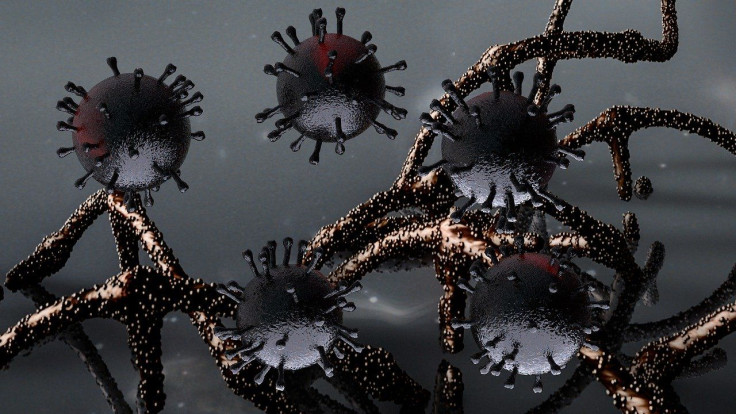Everything We Know So Far About The New COVID Strains
A number of new strains of the coronavirus have emerged in several parts of the world, causing concerns over their increasing infectiousness and the ability of the COVID vaccine to protect against them.
These variants are the most worrisome for medical experts as they have the ability to spread more rapidly than COVID-19 and are proving to be more contagious as well.
New strains of the coronavirus can be expected as the virus mutates and copies itself, but Mary Petrone, who studies infectious diseases at Yale University, told AP News, “Not every mutation is created equal.”
She explained, “The virus is going to get lucky now and again,” meaning that in some instances, a mutation will kill off the virus, and in others, it will help it spread.
However, keeping a close eye on these new strains of the coronavirus is imperative as they can make the COVID vaccine and its medical treatments less effective.
Moderna, which has said that it believes its COVID vaccine would be effective at treating the new variants, announced that it is redeveloping the drug for better efficacy against new strains for added assurance.
The Centers for Disease Control and Prevention said that “So far, studies suggest that antibodies generated through vaccination with currently authorized vaccines recognize these variants. This is being closely investigated, and more studies are underway.”
A South African mutation is one of the latest coronavirus strains that has created a heightened sense of urgency in vaccine effectiveness as the variant could increase the number of deaths and hospitalizations based on its ability to spread quickly.
According to the CDC, the South Africa variant is known as B.1.351, which emerged from another coronavirus strain called B.1.1.7. The B.1.351 was first detected in October and shared some of the mutations with B.1.1.7, the agency said. It was recently discoveredin two patients in South Carolina.
Another mutation of the coronavirus called P.1. was identified in some Brazilian travelers tested during routine screening at an airport in Japan in early January, the CDC said. The concern with this variant is it has a set of additional mutations that may affect if it can be recognized by antibodies.
The first indication that the coronavirus was mutating was seen in the U.K. in the fall of 2020, with a variant called B.1.1.7. This strain is said to spread easily and quickly, and health experts suggest that it may be linked to an increased risk of death compared to other variants of the virus, the CDC said.
The U.K. and the Brazil variants have been found in the U.S. as well as in other countries. The CDC said (via AP News) it expects the U.K. strain to become dominant in the U.S. by March. But the agency maintains that more studies are needed to understand these new variants of the virus.
The agency also said it is still learning how widely these virus mutations have spread, how they affect existing therapies, vaccines, and tests, and how the effects of the variants differ.

© Copyright IBTimes 2024. All rights reserved.





















